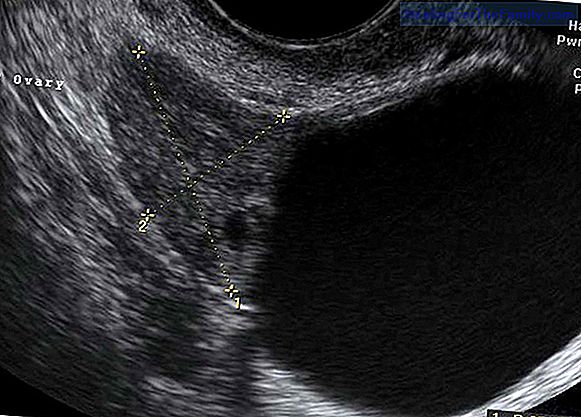Foods that facilitate rest in children and pregnant women
The great variety of foods that are at our fingertips can also provide a great variety of benefits for the organism. Some facilitate digestion, others the absorption of certain minerals or vitamins, and others, on the contrary, can hinder or prevent it. Some foods contain stimulants that increase en
The great variety of foods that are at our fingertips can also provide a great variety of benefits for the organism. Some facilitate digestion, others the absorption of certain minerals or vitamins, and others, on the contrary, can hinder or prevent it.
Some foods contain stimulants that increase energy levels, while others may decrease or increase concentration, stimulating certain functions in the brain. Certain foods stimulate the production of chemicals in the brain that induce relaxation, causing calm and sleep and, thus, facilitating rest.
Diet that helps children and pregnant women rest

Tryptophan is an essential amino acid for the body. One of its functions is to promote the release of serotonin, directly involved in relaxation and rest and in the regulation of periods of sleep and wakefulness. And where is the tryptophan? Breast milk is an ideal source of tryptophan for the newborn. In addition, as mother nature is very wise, reaches its maximum concentration in milk during nightly shots, precisely when it is most needed.
Other foods rich in tryptophan are eggs, milk and whole grains, plus bananas, most nuts and, interestingly, chocolate. It is advisable to include some of these foods in the children's dinner, as it will facilitate their relaxation and rest. For example, a glass of milk before bedtime, with or without cereals or whole-grain crackers, can ensure that tryptophan levels in plasma and blood are optimal to ensure nighttime rest.
The correct metabolism of tryptophan requires the presence of magnesium and vitamin B6. Interestingly, vitamin B6 has as its source almost the same foods as tryptophan, in addition to meat and fish, while magnesium can be found in nuts, whole grains and legumes. Vitamin B6 facilitates the absorption of vitamin B12 and iron. It is a very useful vitamin for children especially active or in times of high physical activity, as it stimulates the release of stored glycogen for use as an energy source.
Magnesium is also of great importance during childhood, as it helps to fix calcium and phosphorus in bones and teeth, to keep them strong and ensure their perfect development. Both must be replaced daily with the diet, since there are no deposits in the body.
Tryptophan is also a precursor of a vitamin that can be manufactured inside the body, vitamin B3 or niacin, so its deficiency is often accompanied by deficiencies of vitamins B3 and B6.
The lack of tryptophan, in addition to insomnia, over-excitement or nervous system disorders related to lack of relaxation, such as stress or hyperactivity, also results in an increase in aggressiveness. In addition, its deficit can cause disorders in growth and development during childhood, since most of the hormones related to growth reach their peak activity at night, when the body is relaxed and the metabolism is in its basal level.












